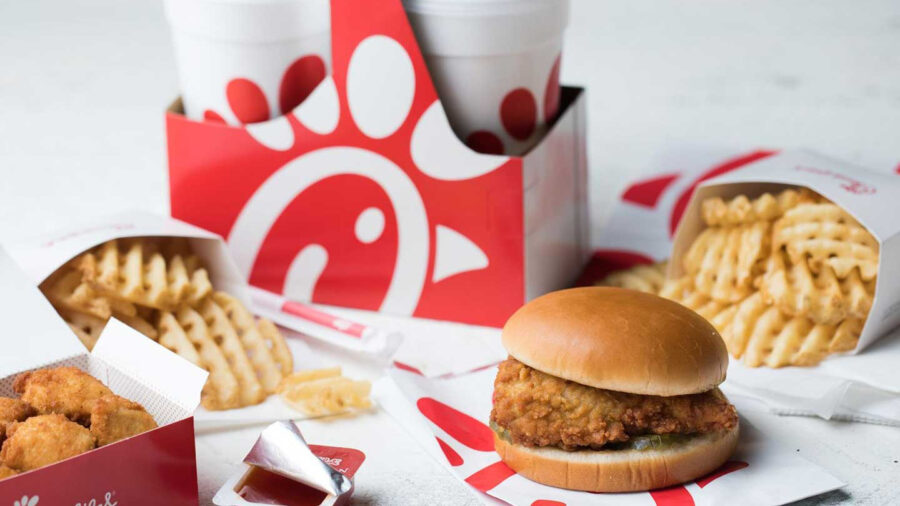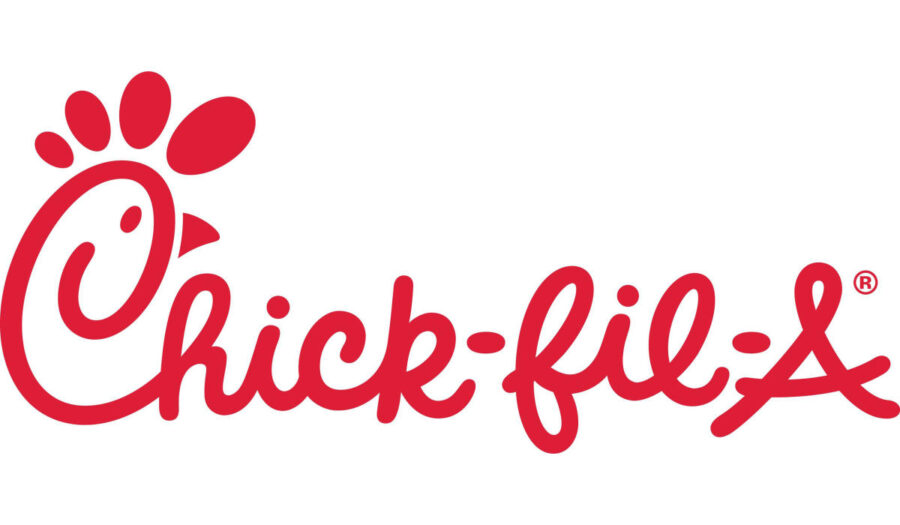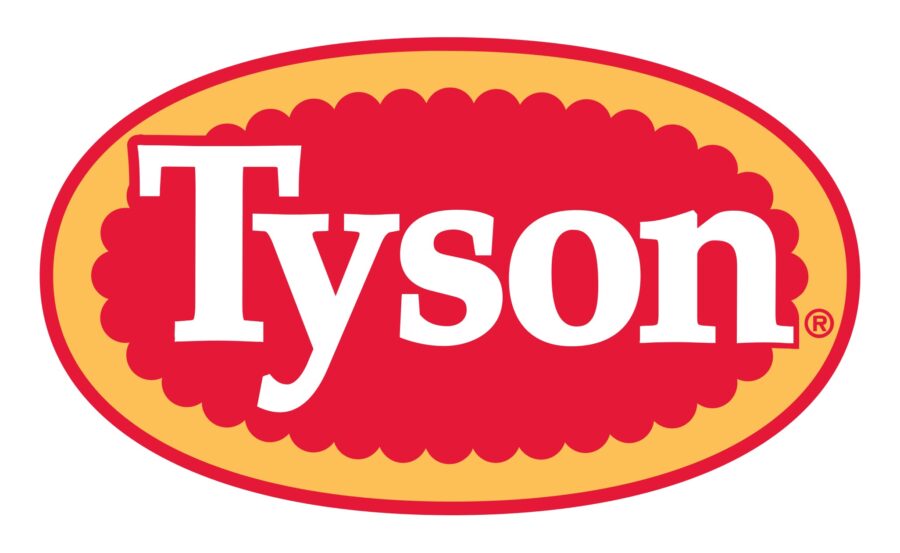Chick-fil-A Is Running Out Of Food, Shortages Expected
Chick-fil-a is seeing shortages in some key food items.
This article is more than 2 years old

Chick-fil-A is running out of food. True fact. It may be, though, not food one would expect to be running out of from an establishment that specializes in chicken.
The chicken chain said in a recent statement that they are dealing with industry-wide supply chain issues and now are experiencing a “shortage of select items,” to include their sauces. Because of this issue, which is affecting nearly every aspect of our economy, Chick-fil-A is now only providing customers one dipping sauce per item ordered across all of their over 2,600 restaurants nationwide.
In an emailed statement obtained via WTRF from Chick-fil-A to its customers, the restaurant said:
“Due to industry-wide shortages, we are currently limiting the numbers of sauces provided. 1 sauce per entree. 2 sauces per meal. 3 sauces per 30-count Nuggets. We apologize for the inconvenience and appreciate your understanding as we work through this. See you soon.”

For the moment, though, it appears as if Chick-fil-A has not been pulled into the fried chicken wars that have taken over. Major food chains such as Kentucky Fried Chicken, Buffalo Wild Wings, and Wingstop have been hit especially hard by having to pay steep prices for their chicken and suppliers are now facing difficulty getting chicken to these establishments.
According to Tyson, supplier of much of our nation’s chickens, it’s the rooster’s fault. They claim the roosters they used for breeding simply aren’t meeting expectations. Donnie King is Tyson’s COO and he spoke on an analyst call via CNN saying, “We’re changing out a male that, quite frankly, we made a bad decision on.”
While the company had previously changed their roosters based on the meat quality they would provide, it also led to fewer eggs and even lower hatch rates. A very bad combination for a chicken supplier. Now, because of such a drastic downturn in chickens, Tyson is going back to their previous rooster.

Even if or when Tyson finds itself back on track, there may very well be another issue the nation has to deal with. Workers, much like the chicken, are in short supply. As the COVID pandemic hit, removing the bulk of our nation from the workforce, the government had to step in somehow and offer a lifeline to those in perilous need. Unemployment benefits were increased as we received a number of stimulus packages in hopes to revive the economy. It appears that this is now having an adverse effect as many workers are deciding to continue to collect unemployment as it is more money than they’d be getting if they were to return to work.
So, with that in mind and the nation’s labor force continuing to struggle, shortages are now beginning to be seen not only in the food industry but just about everywhere else. For instance, according to CNN Business, the nation can also expect shortages with chlorine, computer chips, ketchup, lumber, metals, and steel. Plus, if you haven’t noticed it by now, you aren’t out on the streets. Gas prices have skyrocketed to near-record highs.
Right now, gas prices sit at a national average of $2.94 a gallon, which represents a 60% increase from a year ago. Prices are expected to easily top an average of $3.00 a gallon by the time summer rolls around if not before.

While a normal increase in summer prices is expected, this sudden rise isn’t because of a crude oil or gasoline shortage. This increase is a direct effect of a shortage of qualified truck drivers. Ryan Streblow, executive vice president of National Tank Truck Carriers said via CNN, “We’ve been dealing with a driver shortage for a while, but the pandemic took that issue and metastasized it. It certainly has grown exponentially.”
With the growing number of workforce labor shortages, many states are calling for the end of unemployment in order to jumpstart the nation’s workers. Montana has led the way, ending their $300 weekly benefit two months before it was set to end. Following in Montana’s footsteps were South Carolina, Mississippi, and Arkansas. This led Mississippi Governor Tate Reeves to say in a statement, “The purpose of unemployment benefits is to temporarily assist Mississippians who are unemployed through no fault of their own.” The Governor added, “It has become clear to me that we cannot have a full economic recovery until we get the thousands of available jobs in our state filled…Mississippi is open for business.” Mississippi’s aid will end on June 12.
As for the Chick-fil-A sauce shortage, they look to remedy that situation as soon as possible. From all appearances though, until the nation can boost up its labor shortage, we may all be in for a long wait.












